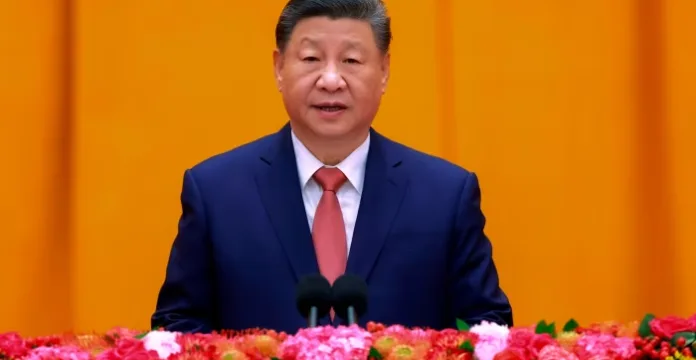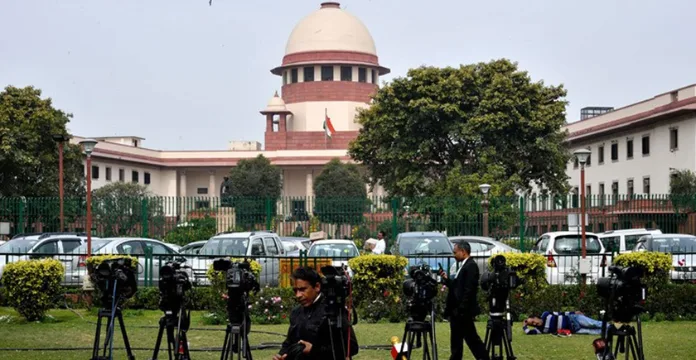Beijing, April 21, 2025 – China announced plans Monday to sanction US officials, lawmakers, and NGO leaders for what it calls “poor performance” on Hong Kong issues, a tit-for-tat response to US sanctions on six Chinese and Hong Kong officials in March for “transnational repression.” Foreign Ministry spokesperson Guo Jiakun labeled the US actions “despicable,” accusing Washington of meddling in Hong Kong’s affairs and violating international law, per Business Standard. The targeted US individuals remain unnamed, but Guo vowed “firm countermeasures” under China’s anti-foreign sanctions law.
The US sanctions, a rare human rights move by the Trump administration, hit Hong Kong’s Justice Secretary Paul Lam, security director Dong Jingwei, and former police chief Raymond Siu, blocking their US assets and criminalizing financial dealings for allegedly jailing 19 pro-democracy activists, including a US citizen (Al Jazeera). China’s retaliation escalates a trade war, with 245% US tariffs on Chinese goods—$439 billion in 2024 imports—already rattling markets (Hindustan Times). “Hong Kong’s our business, not America’s,” Guo snapped, defending the 2020 National Security Law that quelled 2019 protests but shuttered media and jailed activists.
X buzzes with heat—“China’s hitting back!”—but some see posturing: “Sanctions won’t change much” (X post). Hong Kong’s 7.5 million residents, 8% of whom faced 2024’s 1,200 rights-related arrests, are caught in the crossfire (Business Standard). The US, sanctioning 24 Hong Kong officials since 2020, pushed India to raise concerns—Modi’s 2024 Dhaka visit flagged minority safety (The Indian Express). India’s 90 crore digital users, watching 3 lakh students abroad, feel the global strain (MEA). “It’s a power game—Hong Kong’s the pawn,” a Delhi analyst told Times of India.
For India’s 140 crore, it’s a diplomatic chessboard—China’s sanctions signal defiance, but will they shift the US or deepen the divide?




